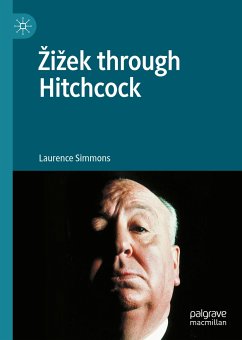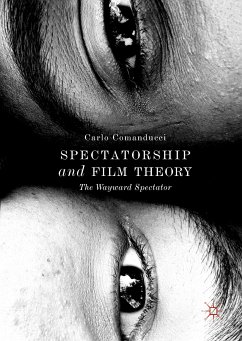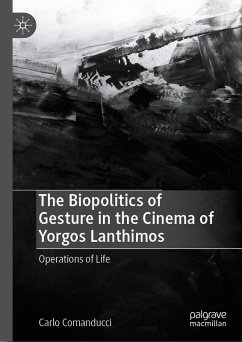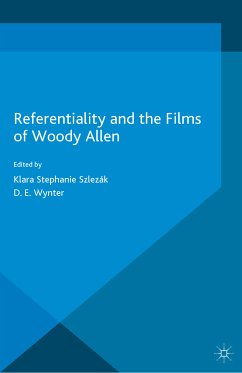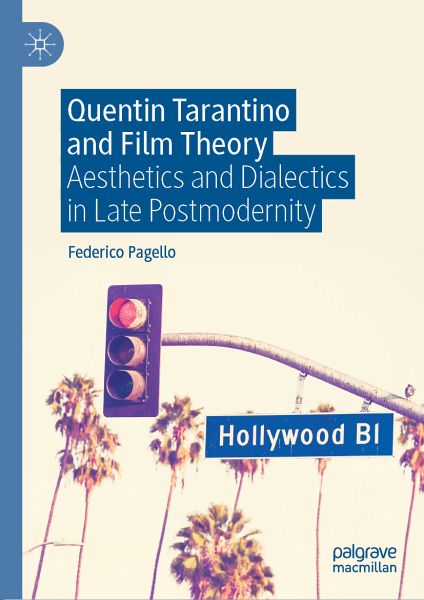
Quentin Tarantino and Film Theory (eBook, PDF)
Aesthetics and Dialectics in Late Postmodernity
Versandkostenfrei!
Sofort per Download lieferbar
72,95 €
inkl. MwSt.
Weitere Ausgaben:

PAYBACK Punkte
36 °P sammeln!
This book examines a set of theoretical perspectives that critically engage with the notion of postmodernism, investigating whether this concept is still useful to approach contemporary cinema. This question is explored through a discussion of the films written and directed by Quentin Tarantino, largely regarded as the epitome of postmodern cinema and considered here as theoretical contributions in their own right. Each chapter first presents key ideas proposed by a specific theorist and then puts them in conversation with Tarantino's films. Jacques Rancière's theory of art is used to reject ...
This book examines a set of theoretical perspectives that critically engage with the notion of postmodernism, investigating whether this concept is still useful to approach contemporary cinema. This question is explored through a discussion of the films written and directed by Quentin Tarantino, largely regarded as the epitome of postmodern cinema and considered here as theoretical contributions in their own right. Each chapter first presents key ideas proposed by a specific theorist and then puts them in conversation with Tarantino's films. Jacques Rancière's theory of art is used to reject postmodernism's claims about the 'death' of the aesthetic image in contemporary cinema. Fredric Jameson's and Slavoj Zizek's dialectical thinking is mobilized to challenge simplistic, ideological readings of postmodern cinema in general, and Tarantino's films in particular. Finally, the direct influence of Carol Clover's psychoanalytical approach to the horror genre on Tarantino's work isdiscussed to prove the director's specific contribution to a theoretical understanding of contemporary film aesthetics.
Dieser Download kann aus rechtlichen Gründen nur mit Rechnungsadresse in A, B, BG, CY, CZ, D, DK, EW, E, FIN, F, GR, HR, H, IRL, I, LT, L, LR, M, NL, PL, P, R, S, SLO, SK ausgeliefert werden.



